"Plato’s Academy, *by far* the most successful philosophy school in antiquity, was not primarily a set of ideas, but a self-perpetuating, decentralized network, united by a common vision."
I’m co-organizing and speaking at an event August 22-25 in Ecuador. I’d love to meet you there.
The theme is: How Empires are Built. Here’s the pitch:
Meet with other accomplished builders crafting networks for future empires.
Speakers include Ben Wilson, Justin Murphy, Kevin Dolan, and Lomez.
In order to explain to you why I’m doing this, let me outline my thesis:
Digital Empires
In the digital age, empires will be built not on standing armies and monopolies over trade routes or resources, as in the past, but on networks. (Armies and commercial control can be useful means - but they are only a few among many).
For this reason, founders of successful new institutions - who are likely to be network builders first, in our day - have an outsize role in determining the future shape of empires.
Empires, as Samo Burja writes, are comprised of institutions, which can themselves function like mini-empires. In other words, empires are themselves networks of smaller networks:
The term institution is similar, but not synonymous, with the concept of an empire, though they can overlap in some cases. An empire is a region of coordination around a central power, where the central power is the cause of the region of coordination. An institution can be the entirety of a given person’s empire, but such an empire can also include multiple institutions. Naturally, functional institutions can extend the reach of personal empires.
Samo Burja, Great Founder Theory
Examples of institutions might be novel tech-enabled legal systems, religious organizations, companies, or a para-educational organizations like the Boy Scouts (RIP?).
My conviction about how new institutions will be built is one of the reasons I started the Cost of Glory podcast. It’s also why I’ve grown interested in Balaji Srinivasan’s concept of the Network State, which I’ve written about here.
This thesis is based on my own study of ancient networks and how they function: Plato’s Academy, *by far* the most successful philosophy school in antiquity, was not primarily a set of ideas, but a self-perpetuating, decentralized network, united by a common vision. It ended up more or less taking over the Roman Empire in the baptized form of the Christian Church. (I spoke about some of this in a conversation with Justin Murphy, another conference attendee).
Other examples from antiquity include the Athenian exiles who toppled the Thirty Tyrants in 403 BC, the Theban Solstice Revolution instigators, and Pythagorean brotherhoods of southern Italy. Network dynamics explain America’s failure in Vietnam. Add to that the impact of modern literary and artistic movements, the scientific societies of Enlightenment Europe, and… you start to get the point.
Networks are an ancient human phenomenon, but new media and internet technologies vastly increase the speed and power of networks.
We’re calling the conference “Nowhere” - because a network like Plato’s is incredibly hard to pin down - it’s everywhere, and nowhere, and then, all of a sudden, it’s “Now Here” when it decides to gather for action.
(Wish I came up with that one - H/T my co-organizers).
Why now
Technological, political, and societal change are happening at an alarming rate. There are huge, asymmetric opportunities for network-institution builders that simply did not exist 5 years ago.
But it’s hard to stay on top of all developments - to get up to speed not just on what people are doing, but how they are doing it.
Hence, we are gathering together some leading minds (see below) - both those who are actively forging new networks, and those who study the deep history of such networks and the people who’ve built them (many do both, unsurprisingly).
We want to equip ourselves - and you - to participate in the network revolution going on behind the scenes, which you may periodically see the results of in the news cycle. We want to help you to become a more active participant, a “Live Player.”
People who make the most of the network revolution (which is happening, whether you and I like it or not), are going to be best positioned to serve their countries, communities, businesses, and families. Those who don’t wont. The issue is urgent.
Hence, we’re building a network of network builders.
Why Ecuador
Ecuador is a country that combines great natural and human resources with cultural richness and stunning beauty - many of its leaders are committed to making the most of its economic potential while preserving its unique aesthetic character.
This includes some of our co-organizers with whom we launched this idea, who come from Ecuadorian political families.
This brings us to our choice of venue: The Ecuadorian President's Hacienda, Zuleta.
(Think Ecuadorian Camp David)
Zuleta sits at the foot of Mt Cayambe, a safely dormant volcano admired by the great German naturalist and friend of Goethe, Alexander von Humbolt. Ecuadorian leaders have seen the power of visionary leadership combined with network dynamics in transforming places like El Salvador and Singapore.
They want to welcome us as we discuss ideas and share experiences about a problem which affects societies around the world, even if our own interest in it may be focused more on our local context.
Our schedule will include brief keynotes and talks, but will be weighted towards common activities that foster not just para-social but truly social relationships. Hence, common meals with structured conversations, a hot air balloon ride (!), and a horseback ride through Incan ruins.
We’re inviting Founders, investors, creators, business people, & everyone with a love of history and an interest in networks to apply.
This event is a revision and extension of an event organized last year at the co-host's family polo club. Ecuador's Minister of Industry & the President's son-in-law attended. Founders in attendance had raised well over 100m.
Some guests and speakers for Nowhere 2024 include:
Ben Wilson: "How to Take Over the World" podcast
Justin Murphy: Other Life
Kevin Dolan: Bennet's Phylactery (@extradeadjcb), Natal Conference
Lomez: Co-founder, Passage Press
Alex Petkas: yours truly, "Cost of Glory" podcast
Matthew DiMarcantonio: Brown, YC, and Thiel Fellow alum
Antonia Alvarez: from the family of two Ecuadorian presidents
Zuleta happens to function now as an upscale boutique hotel with a Michelin star chef preparing all meals. A few rooms remain.
For more info or to apply go to:
https://www.nowheresummit.com/costofglory
Stay Ancient,
Alex
PS. Caesar’s Gallic War part 3 should be out tomorrow

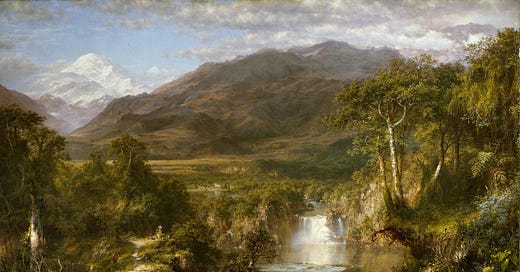


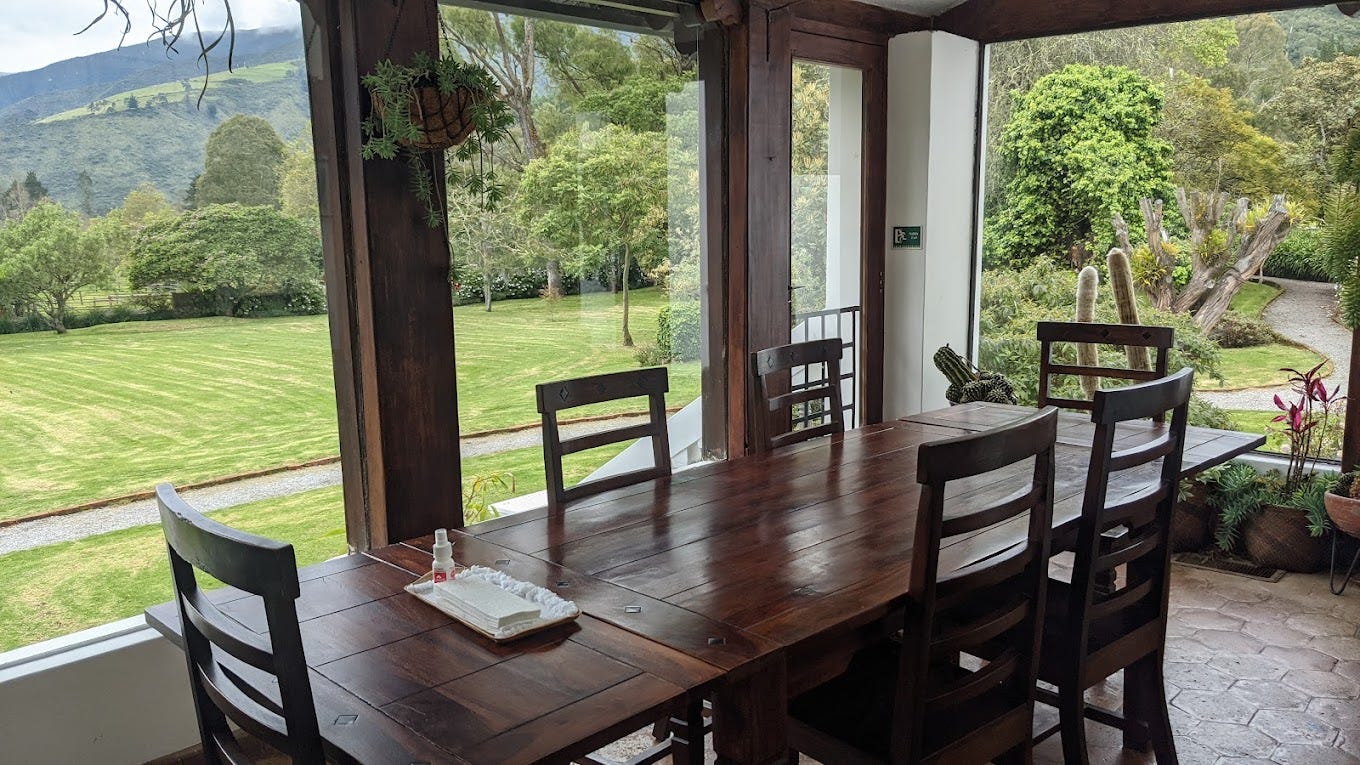
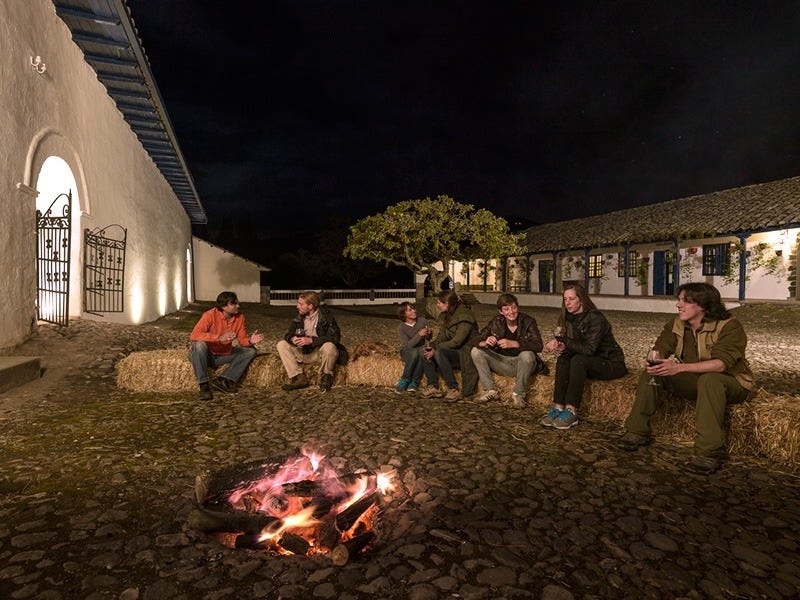
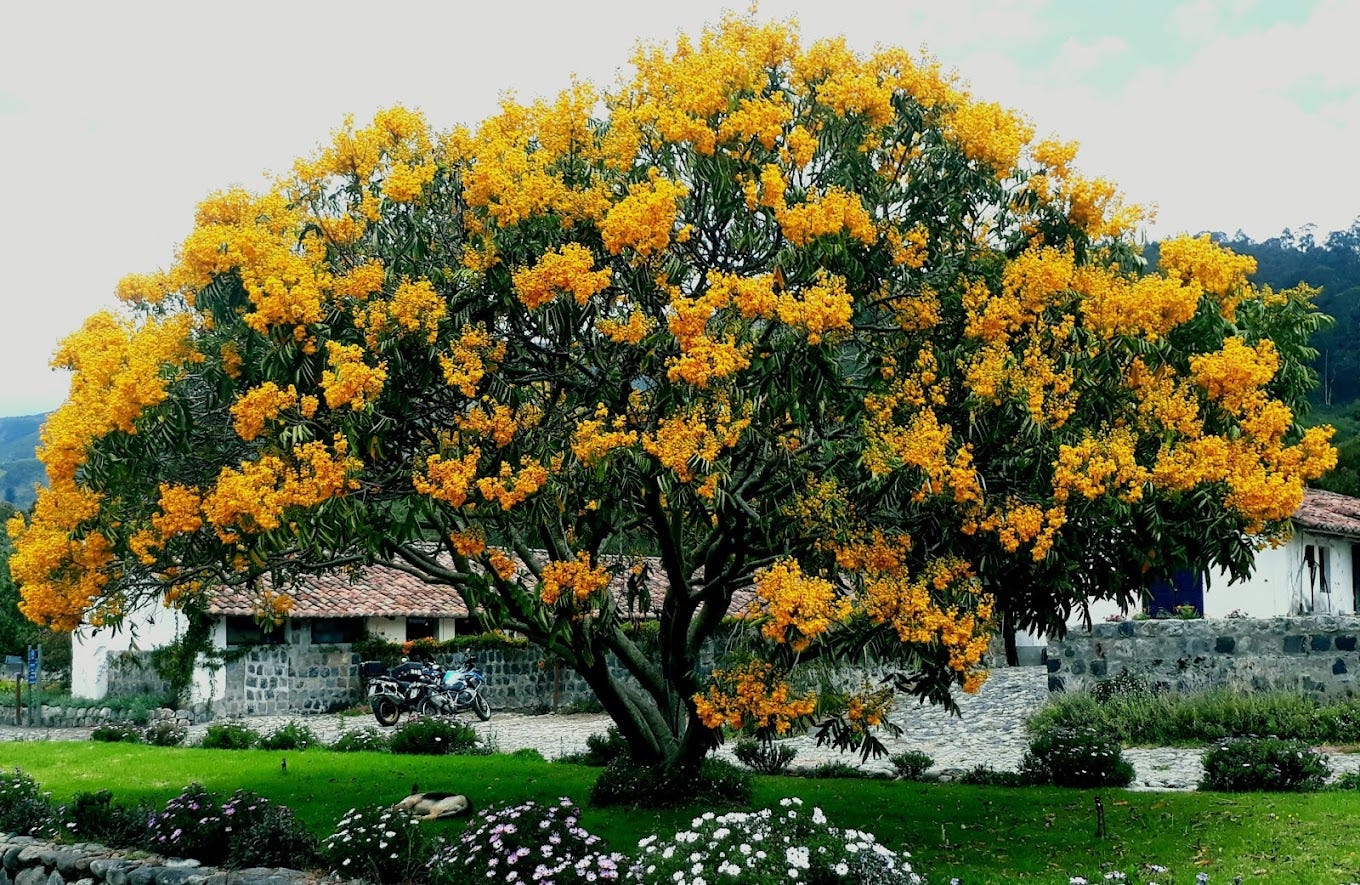

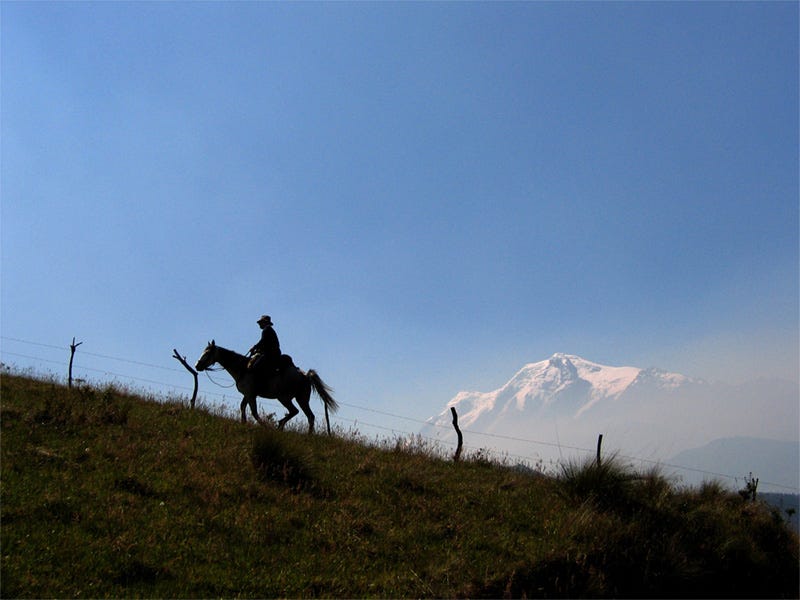

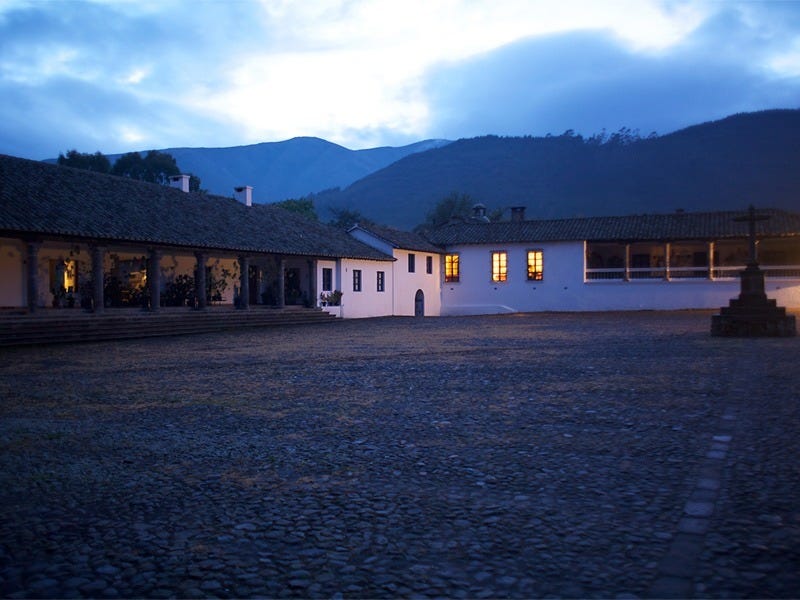
Looks epic. Legendary speaker line-up. The link at the bottom isn't working.
🔥🔥🔥